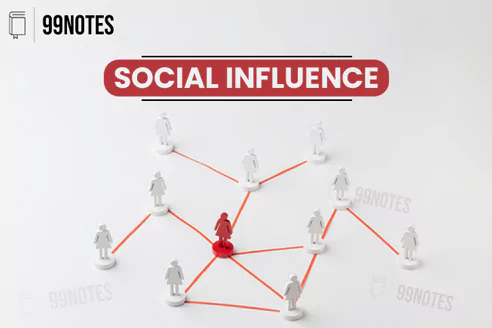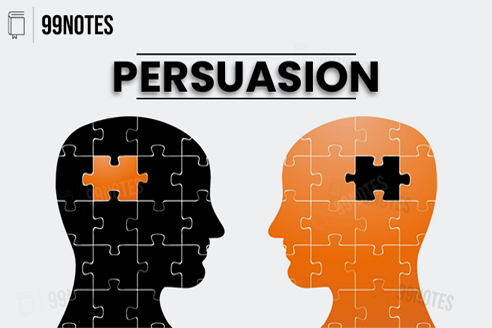Attitude

Attitude
Attitude is a learned predisposition or a tendency to respond consistently towards an object favourably or unfavourably. It can also be defined as a predisposition to react to a certain stimulus in a particular manner.

Political and Moral Attitude
Moral attitudes are attitudes with a moral foundation. We’ve already seen that morality refers to the set of principles that help individuals to identify between right and wrong.

Attitude, Thought and Behaviour
ttitude, i.e. the predisposition to react favourably or unfavourably towards the attitude object, manifests itself through thoughts and Behaviour. In the previous articles, we learned about attitude. In this article, we shall understand its impact on thought and behaviour.

Social Influence
Social influence is defined as the variation in an individual’s feelings, thoughts, attitudes, or behaviours that results from interaction with other persons or groups. It includes the impact of social media influences, politicians, celebrities, religion, community, and society at large.

Persuasion
Persuasion is defined as the process of changing or reinforcing a person’s attitudes, beliefs, or behaviour in management literature. It is a type of social influence and a process of inducing a change in ideas, beliefs and attitudes of other persons or groups about some issue in a predetermined direction.
Attitude is a learned predisposition or a tendency to respond consistently towards an object favourably or unfavourably. It can also be defined as a predisposition to react to a certain stimulus in a particular manner.
In this unit, we will peruse the concept of an attitude, how attitudes are formed, Moral and Political attitudes, Influence in Thought and Behaviour, Social Influence and Persuasion, and what functions are served by holding attitudes. After you have finished learning this unit, you will definitely have some understanding of attitude and its relevance in daily life.
Further, this tendency or predisposition is ‘learned’ and shaped by society, and it is enduring, i.e., attitudes do not change easily.
“Ooohoo pizza. I love it!”, “Yuck! I can’t stand vegetarian food”. The above two statements signify our reaction to an environment in an evaluative manner. We are constantly making judgments about any objects, events, and others that are favourable or unfavourable, likeable or unlikeable, good or bad. This falls in the domain of attitudes. Social psychologists who study attitudes investigate factors involved in such evaluations: how they are formed, changed, and so on.
